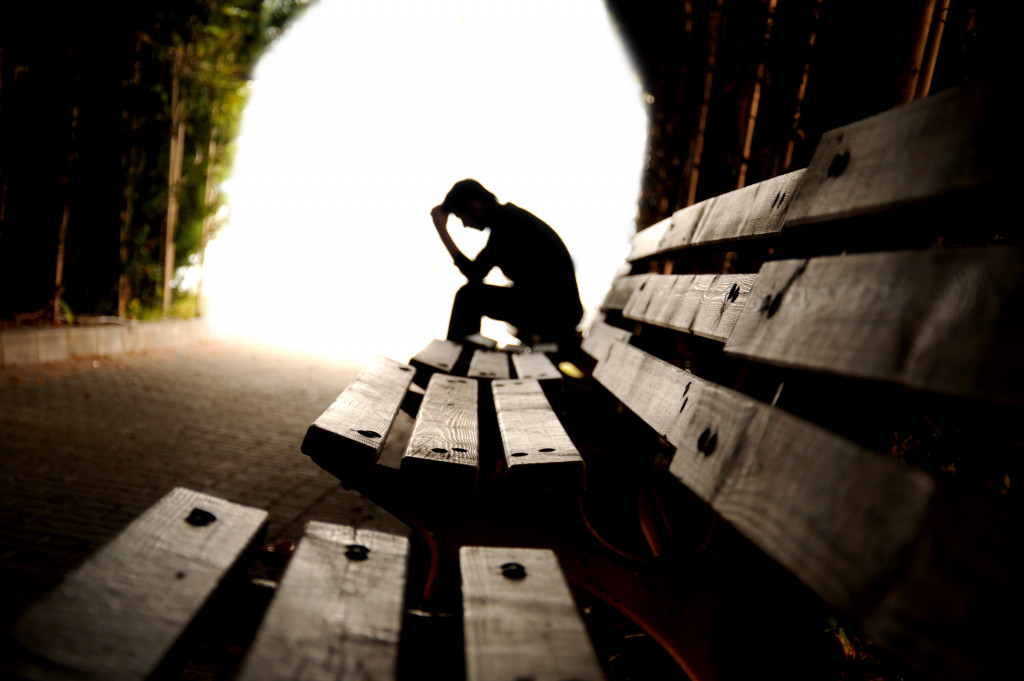While depression is often considered an individual experience, its effects extend far beyond the personal. Depression has a wide-reaching impact on U.S. communities that affects everyone, which is why it’s essential to understand how it affects every community and what can be done to help those who suffer from it.
The Economic Cost of Depression
Depression can have devastating economic costs for individuals and communities alike. For example, studies show that depression can significantly reduce productivity in the workplace, leading to decreased job performance and increased absenteeism. This, in turn, leads to lost wages for individuals and reduced profits for businesses, resulting in an overall economic burden for society.
On the other side of the coin, mental health disorders like depression can also lead to increased healthcare costs due to higher rates of medical treatment and prescriptions. When more people cannot work or afford medical care due to depression, their communities may suffer from fewer resources, further exacerbating its adverse effects.
The Social Cost of Depression
Mental health disorders like depression can also have profound social implications for our communities. For example, people with depression often experience isolation and disconnection from their peers and family members, leading to strained relationships that further contribute to their suffering.
In addition, these feelings may cause them to withdraw from social activities altogether, leading them to feel even more isolated than before. This isolation is especially problematic in close-knit communities where the connection fosters social cohesion and collaboration among residents.
Mental Effects of Depression
Depression can also lead to various mental health problems. Here are some common mental disorders comorbid with depression.

Bulimia
Bulimia is an eating disorder characterized by recurrent episodes of binging and purging. It often occurs in people with depression, leading to serious health problems, such as nutritional deficiencies and electrolyte imbalances. Thankfully, Bulimia treatment centers can deal with this disorder. These centers have the knowledge and expertise to help people suffering from bulimia manage their symptoms and recover.
Substance Abuse Disorders
Depression often goes hand-in-hand with substance abuse disorders. In fact, according to the National Institute on Drug Abuse, more than 50% of those who suffer from a substance abuse disorder also suffer from a mental illness such as depression.
Substance abuse is the misuse of alcohol or drugs (illegal or prescription) that leads to impairment or distress. Common types of substance abuse disorders include alcoholism and drug addiction. Unfortunately, this is a costly issue for communities, as it can increase violence, crime, and hospitalizations. Luckily, many addiction treatment centers are available that provide the resources needed to help people struggling with substance abuse disorders.
Bipolar Disorder
Bipolar disorder is a mental illness characterized by extreme mood swings. These swings can range from periods of intense energy and happiness (mania) to periods of deep sadness and despair (depression). While bipolar disorder is not as common as depression, it’s estimated to affect 2.6% of adults in the U.S., according to the National Institute of Mental Health. And like depression, bipolar disorder can be debilitating, interfering with work, school, and social relationships.
Ways Community Can Deal With Depression
While bipolar disorder is not as common as depression, it’s essential to understand the impacts it can have. Thankfully, there are also ways communities can deal with it. Here are some of those ways.

Support Groups
One of the easiest ways to help people suffering from depression is to provide support. Support groups are a great way to do this, as they offer a safe space for people to share their stories, experiences, and feelings with others who have gone through similar struggles.
These support groups can also help the participants find strength in one another and gain access to resources they may not otherwise have access to.
Mental Health Treatment
Another way communities can help those suffering from depression is through mental health treatment. Mental health professionals are specially trained to identify and treat issues related to depression and other mental illnesses. These treatments often involve counseling, therapy, and medications that can help individuals cope with their symptoms and lead healthier lives.
Educating Communities
Finally, it’s important to educate communities on the importance of mental health. Mental health education can help people understand their mental health and how they can make positive life changes. This knowledge can be invaluable for those affected by depression, as it can provide them with the tools and resources needed to lead a more fulfilling and healthy life.
Depression is a severe condition that affects individuals, our communities, and the economy. Thankfully, there are ways to reduce its impact and help people suffering from depression lead healthier lives. By educating people on this issue, supporting those affected, and providing access to mental health treatments, communities can make a positive difference in those dealing with depression.

